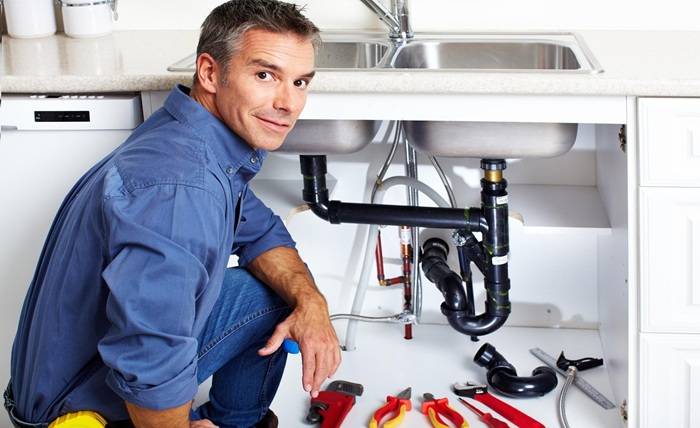With colder months approaching, taking proactive steps to ready your home for winter is essential to maintain comfort and functionality. Cold weather can pose several challenges for household systems and structures, and addressing these issues ahead of time can save money, time, and stress during the peak of winter. From keeping your heating systems functioning optimally to protecting pipes from freezing, this article explores key areas to focus on when preparing for the season.
Seal Doors and Windows for Better Insulation
Drafts from improperly sealed doors or windows can cause discomfort and significantly impact heating efficiency. Cracks or worn weatherstripping allow cold air to enter indoors while letting heat escape, forcing heating systems to work harder. This not only results in higher energy bills but can also lead to uneven indoor temperatures. Proper sealing improves thermal insulation, helping retain warmth inside your home. Focusing on this area enhances comfort while reducing unnecessary heating demands during colder periods.
Inspect Gutters and Downspouts for Blockages
Well-maintained gutters and downspouts play an important role in protecting your home during cold weather by ensuring proper water drainage. Leaves, dirt, and debris can create blockages that disrupt drainage, potentially leading to roof damage or leaks as ice accumulates. Water freezing in blocked gutters can also cause additional problems, such as ice dams, which may harm both the roof and walls. Clearing out these components helps water flow freely, reducing stress on your home’s drainage system. Addressing potential concerns early minimizes risks and helps maintain structural health during chilly conditions.
Schedule Heating Repairs Before Winter
Before winter arrives, ensuring your heating system is ready is essential. Heating systems, whether powered by gas, electricity, or other fuels, often face increased strain during colder months. Regular maintenance and timely repairs can help prevent breakdowns at critical times. If your system is outdated or running inefficiently, it may lead to higher energy consumption and rising utility bills. To prepare, consider reaching out to HVAC companies, such as McGhee’s Heating and Air Conditioning, for maintenance or upgrades. Utility companies also often provide resources or referrals for certified professionals.
Safeguard Plumbing from Freezing Temperatures
Freezing temperatures can lead to pipes bursting due to the expansion of water when it turns into ice. Frozen pipes not only disrupt water access but may also require costly repairs in the aftermath. Focusing on areas that are more exposed, such as basements or outdoor connections, helps reduce vulnerability during extreme cold. Simple measures taken in advance can drastically lower the chances of pipe damage. Keeping plumbing systems protected during winter months mitigates inconvenience and helps avoid unnecessary expenses tied to emergency repairs.
Assess Your Water Heater’s Winter Readiness
Having hot water on demand is essential during cold weather for daily needs like showers and cleaning. Regular maintenance of your water heater is key to ensuring it functions properly. Professional repair and maintenance services, often available through local plumbers or home service companies, can help identify and fix these issues. Many providers, like George Morlan Plumbing, also offer 24/7 emergency support, allowing you to address problems promptly. Staying proactive with water heater maintenance not only ensures uninterrupted hot water but also improves energy efficiency during high-demand months.
Test Your Home’s Electrical Systems
Electrical systems tend to face higher demand during colder months as residents use more electric heating devices or light up longer winter evenings. Testing these systems in advance allows for early detection of worn-out wiring or faulty circuits. Malfunctions could disrupt heating, lighting, or even cooking when they matter most. Additionally, overloaded systems may pose fire risks, making regular checks crucial to household safety. Ensuring that your electrical infrastructure is reliable contributes to a safer and more comfortable winter experience.
Preparing different aspects of your home for colder weather reduces potential problems and promotes a comfortable and efficient environment all season long. By prioritizing heating, water systems, insulation, drainage, electrical systems, and plumbing, homeowners can address risks associated with winter proactively. Taking action early is key to managing home operations smoothly throughout the colder months.

